Do you have Hypothyroidism and are pregnant? Having a healthy and successful hypothyroid pregnancy can be done but you’ll likely need to advocate for yourself. Here are my top tips and research from my first pregnancy and twin pregnancy.
Disclaimer: The information provided on this blog is for general educational purposes only and is not intended as a substitute for professional medical advice, diagnosis, or treatment. Always seek the advice of your physician or other qualified healthcare provider with any questions you may have regarding a medical condition.
Note: As an Amazon Affiliate I earn from qualifying purchases made through affiliate links, at no extra cost to you. Read my full disclosure for more information.
Hypothyroid Pregnancy Cautions
Women diagnosed with Hypothyroidism and/or Hashimoto’s Thyroiditis who become pregnant, or want to become pregnant, need special care and testing throughout pregnancy. This is especially true for pregnant women during the first trimester and second trimester of pregnancy. Much too often, women with hypothyroidism who become pregnant aren’t cared for using best practices by their general healthcare provider, OBGYN, or even their Endocrinologist.
The result of not carefully monitoring pregnant women with hypothyroidism, an underactive thyroid gland, can result in a very unhealthy pregnancy in addition to higher risk of miscarriage, low birth weight, premature birth, birth defects, and in some cases, the baby not surviving. I was one of the lucky ones, I learned what to do to manage my condition and keep baby healthy right before I got pregnant with my first child.
Can you have a successful pregnancy with Hashimoto’s and Hypothyroidism? Yes, in my experience, with the right knowledge and support it is possible.
My Journey
I’m the type of person who believes everything happens for a reason. There is much that has happened in my life that leads me to feel that way, and my horrible autoimmune disease flare in 2014 is one of those things. As I’ve written about previously, I became very sick in 2014 and didn’t know why.
I couldn’t sleep, had horrible anxiety, painful cystic acne along my jawline, mood swings, and dry skin, along with a lot of other difficulties. I didn’t realize it at the time but these were symptoms of hypothyroidism, which I knew I had but thought I had under control. I tracked my own health data in terms of sleep, diet, stress, etc. for almost a year, and very long story short, I found out that I have the autoimmune disease Hashimoto’s Disease, which is the most common cause of Hypothyroidism.
I’ve had Hypothyroidism since I was 12 and take a thyroid-stimulating hormone pill every day but never thought much of it beyond that. I knew I needed to have my thyroid / tsh level checked via blood test every year, at least, and needed to be in a certain range, but that was about it. Even though I have a strong family history of thyroid disease, none of them knew more than supplementing thyroid hormone production with meds. Turns out there is a whole world of knowledge regarding thyroid disorders, including Hypothyroidism, that I had no clue about.
Having the diagnoses of Hashimoto’s Thyroiditis and Hypothyroidism I needed to pay special attention to my thyroid levels in order to have a healthy and successful pregnancy. I had actually just learned I had Hashimoto’s Disease a month before we decided to start trying to get pregnant for the first time. Once I found this out I decided that I should see an endocrinologist, thinking he’d know best regarding managing my thyroid during pregnancy.
Overall, he did not. Through my research of journal articles regarding Hypothyroidism and pregnancy, I knew more of the best practices than he did.
He did tell me that as soon as I got a positive pregnancy test I needed to come in to have my TSH (Thyroid-Stimulating Hormone) checked to see if the amount of thyroid hormone replacement supplement (Levothyroxine) needed to be increased, which often is the case in pregnancy. He also told me that a TSH of 1.0 is the best place to be in terms of a healthy pregnancy.
That’s where the good advice stopped.
Through my extensive research regarding Hashimoto’s, Hypothyroidism, and Pregnancy, I quickly found that I needed to have my thyroid levels checked via blood test every 4 weeks during the first half of pregnancy. This is something I had to fight for, which really doesn’t make sense seeing as I’m the one paying for the test and all he has to do is write the order so they can draw my blood. Anyway, not only did I have to fight in order to get tested every 4 weeks but I also had to contact him again every time I got my thyroid levels checked because somehow the lab didn’t alert him of this when the results came back, unlike every other clinic I’ve been to.
Note here: this wasn’t some small-town doctor, this man was rated as one of the top endocrinologists in the metropolitan area in which I reside, in a state that is known for it’s robust medical training, facilities, and doctors.
Throughout pregnancy, I kept fighting to get my thyroid levels tested and medication adjusted. My thyroid hormone replacement needed to be increased from 112mcg to 150mcg at week 5 of pregnancy and then to 162.5mcg through the end of pregnancy. It’s very common to need an increase right away so it’s important to keep track of your menstrual cycle so you can take a pregnancy test right away when you miss a period and then head in for a thyroid blood test once you determine you are pregnant. And of course every 4 weeks after that. Having your thyroid levels tested often within the first trimester of pregnancy is the most important as you and baby are at a high risk of adverse pregnancy outcomes
Prenatal Vitamins & Nutrition
I ensured I took prenatal vitamins with folate, iodine, and selenium. Folate and folic acid are often used interchangeably but there is an important distinction between the two. Dr. Sarah Ballentine, a.k.a. The Paleo Mom, has a very in-depth article regarding the importance of ingesting folate instead of folic acid during pregnancy. Many women aren’t able to metabolize the synthetic folic acid which means baby doesn’t get the very important folate they need.
The prenatal vitamin I took during my first pregnancy was the Thorne Research Prenatal Vitamin. I also took, and continue to take, Selenium to help lower my antibodies which lessens the amount of damage my body is doing to itself (autoimmune disorder /disease). If you’re interested in a journal article about Selenium and decreasing antibodies, here you go!
I had already started the Autoimmune Protocol which lowered inflammation in my body, that I didn’t even know I’d had previously, and I truly believe helped me have a healthy pregnancy in addition to the testing and supplements.
A great resource regarding Hypothyroidism, Hashimoto’s Disease, and pregnancy is the Thyroid Pharmacist, Izabella Wentz. She is my go-to expert regarding Hashimoto’s Disease. She not only is a pharmacist, she also has Hashimoto’s Disease and has had a successful pregnancy!
The American Thyroid Association developed a pamphlet regarding Hypothyroidism and Pregnancy, I highly suggest looking it over and maybe even printing it out and bringing it with you to your next OBGYN appointment if your doctor denies monthly testing, or anything else the ATA suggests.
I am living proof that you can have Hypothyroidism and Hashimoto’s and still have healthy pregnancies and babies, as long as you advocate for yourself. I not only had one child who I carried beyond full term, but after my first pregnancy, I got pregnant with identical twins and carried them to 36 weeks. Both times I got pregnant it was within the first two months of trying. I’m not saying this will happen for everyone, just sharing my own experience with advocating for myself and prepping my body the best I could to reduce antibodies.
Exactly How We Got Pregnant
If you are curious exactly how we got pregnant, the first time and also with our twins, click the button below to head over to my blog post about the logistics.
Breastfeeding
When you have Hypothyroidism and need to increase your medication during pregnancy, your doctors may want to have you go back down to your pre-pregnancy dose right after you deliver. When I was pregnant the first time, I read that some women who did that then had difficulty producing enough breastmilk for their babies.
Due to that, I decided to wait to adjust my dose until I was 4-6 weeks postpartum and my milk supply had become stable and my thyroid levels were likely headed back toward normal. Both times that I waited until then I didn’t have any ill effects from waiting and I was able to produce enough milk (even for twins!!)
This is just what worked for me, again, I’m not a doctor but just sharing what worked for me. Here are more breastfeeding and pumping tips.
Heartburn
If you end up with heartburn while you’re pregnant, I have a couple of things that my chiropractor told me would really help, and they do!! Bonus, they’re much more natural and less harmful to the baby than traditional heartburn remedies.
Take EnzymixPro from Apex Energetics (on the left) before you eat and Chewable Super Papaya Enzyme Plus by American Health (on the right) after you eat, if needed.
This took my heartburn from debilitating as it was shooting up to my shoulder like someone had stuck a sword in me, to absolutely nothing, I was just fine when I took these. I got them through my chiropractor, and quite honestly, the best place to get supplements is your local co-op or chiropractor if they sell them. Amazon is great for a lot of things but they don’t always have legit supplement products, sadly. I trust them sometimes but I also know there are more trustworthy places to get supplements from.
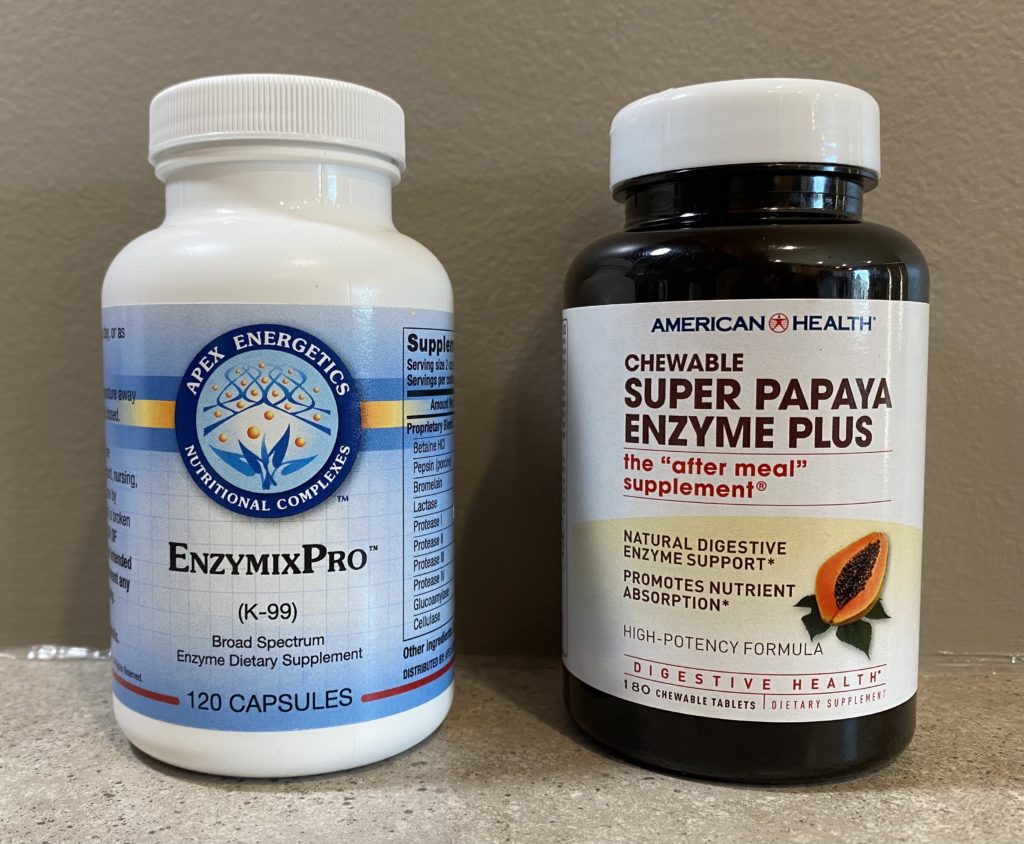
Closing Thoughts
Whether you have subclinical hypothyroidism, untreated hypothyroidism, overt hypothyroidism, or other thyroid problems, it is very important to your health and your baby’s health that your thyroid-stimulating hormone (TSH) and other thyroid levels are tested often throughout pregnancy.
If you have subclinical or untreated hypothyroidism, becoming pregnant might be what pushes you ‘over the top’ to develop low thyroid hormone levels to the point you are diagnosed with hypothyroidism. That is ok if that happens, you just need to know about it and treat it, especially while pregnant.
As I’ve described in other blog posts, there is a lot more that I do to help manage my thyroid condition beyond taking thyroid hormone replacement pills, but these pills are surely needed especially during pregnancy.
More Hypothyroid & Hashimoto’s Blog Posts
Resources to Help You Advocate for Yourself!
- 2017 Guidelines of the American Thyroid Association for the Diagnosis and Management of Thyroid Disease During Pregnancy and the Postpartum If your doctor questions your need for regular testing, send them this article. Also great to read yourself.
- American Thyroid Association Hypothyroidism and Pregnancy pamphlet – great to print and bring to your doctor
- “An unnecessary miscarriage. A severely hypothyroid mom. And a vow.” a poem by Hypothyroid Mom
- Your Healthy Pregnancy with Thyroid Disease a book by Dana Trentini (Hypothyroid Mom)
- Selenium reduces antibodies when taken over time, Fan Y, Xu S, Zhang H, et al. Selenium supplementation for autoimmune thyroiditis: a systematic review and meta-analysis. Int J Endocrinol. 2014;2014:904573. doi:10.1155/2014/904573
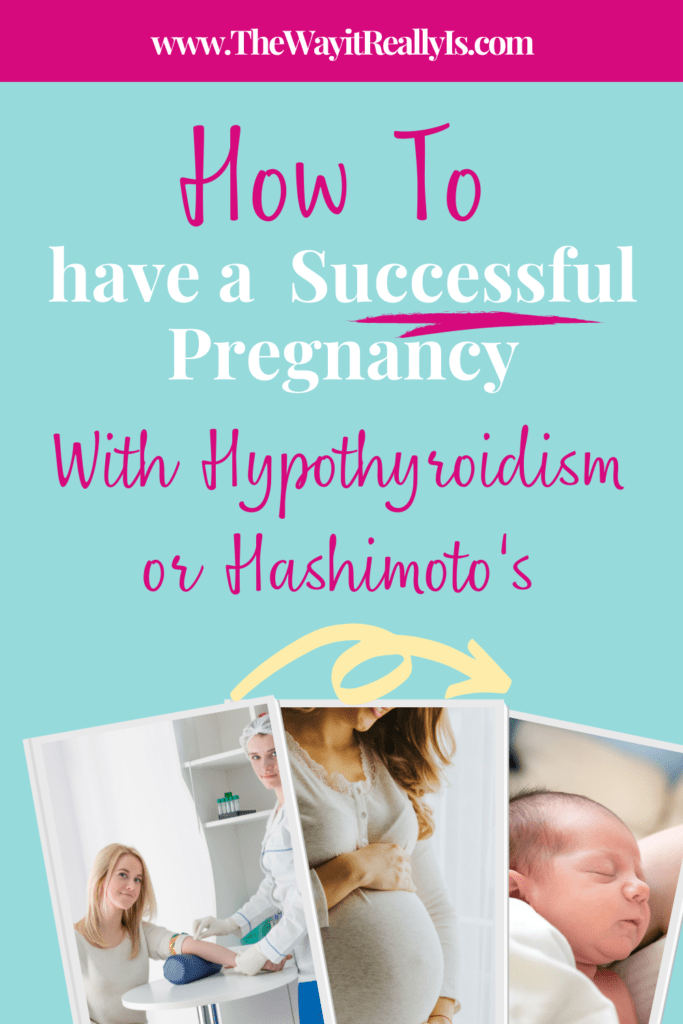
As a mom of identical twins and a son two years older, I have gained invaluable experience in the realm, and chaos, of parenting. With a Master's Degree and Education Specialist Degree in School Psychology, I spent years as a school psychologist, helping children navigate through their educational and emotional challenges. Now as a stay at home mom and professional blogger, I combine my areas of expertise to help you in your parenting journey.

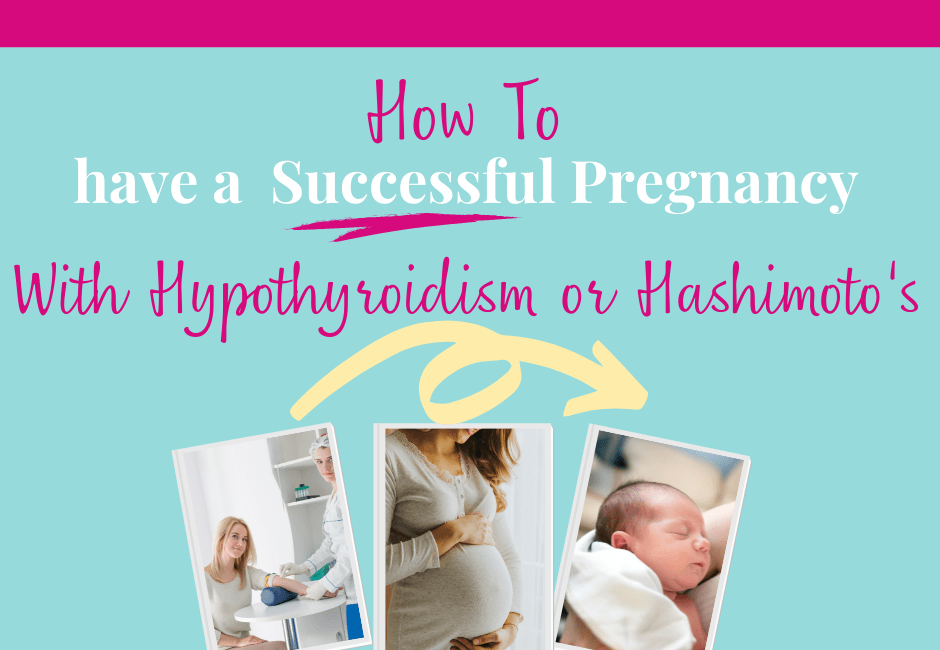


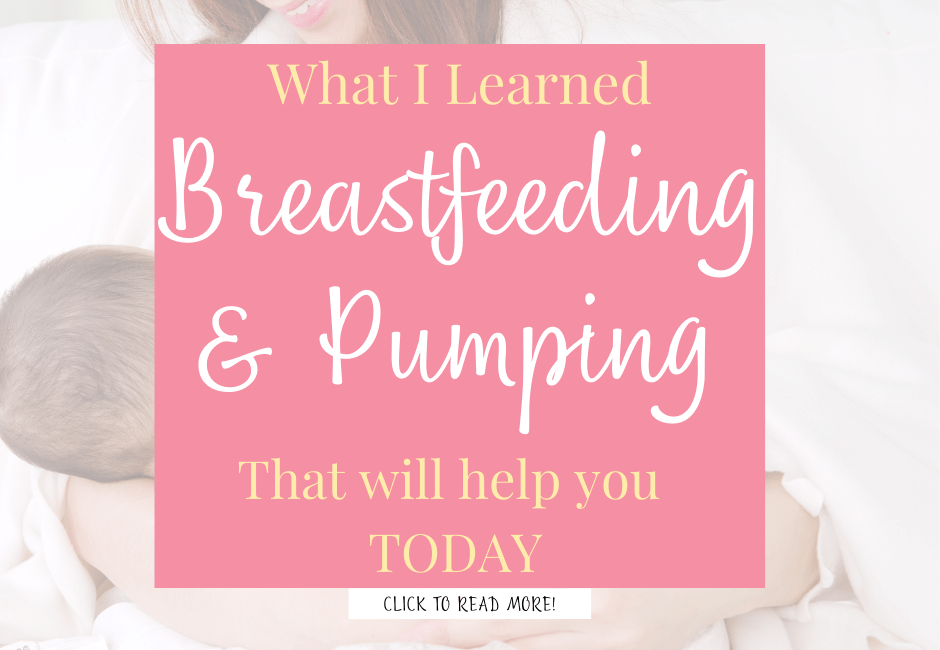
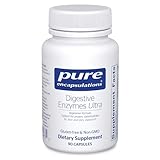

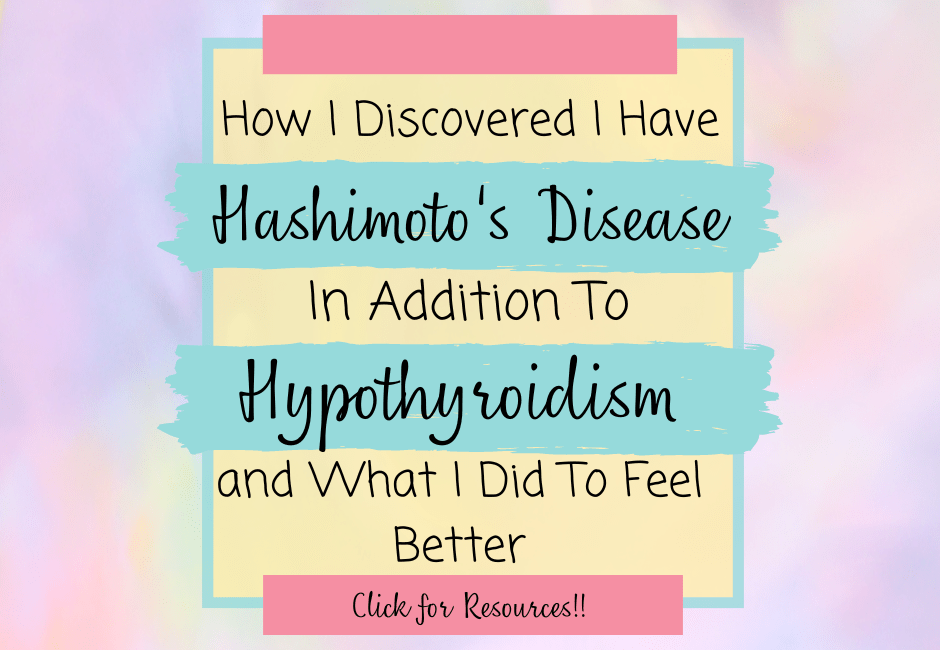
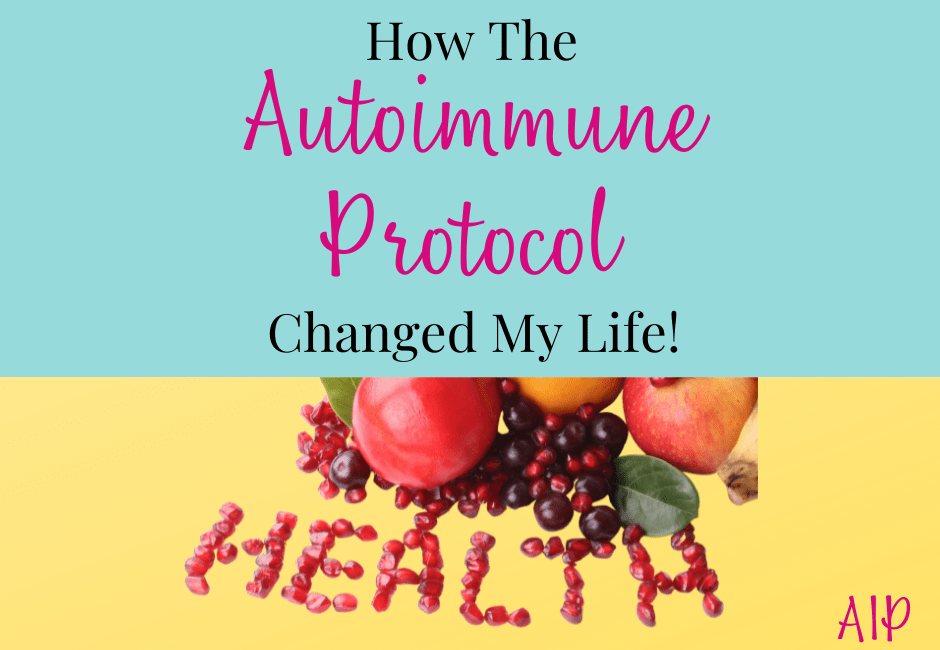
I have also had 3 babies with hypothyroidism. with my first, it was my GP that checked the bloodwork my midwife took, and with my other two, it was my endo who did the checking (every 6 weeks). but with my 2nd and 3rd, I had also developed Adissons disease so I was more closely watched by my endo. Long story short, the hypothyroidism and the adissons made me more at risk but I got through it and have 3 healthy kids now.
Hi Helena! Thank you for sharing your story. I’m sorry to hear you have hypothyroidism as well and have developed Addison’s disease. I’m so glad you were closely monitored and that you have 3 healthy kids too! Hugs!!
I have recently been diagnosed with Hashimoto’s thyroiditis with the hope of becoming pregnant. Without first 3 (pre diagnosis) it was so easy to get pregnant- a seemingly simple process. Now I feel scared and discouraged with this new diagnosis and I am really looking for the information you are providing- knowledge from a mom who has been through this and reassurance that a successful pregnancy with this diagnosis is possible.
Catie, thank you so much for your comment. I’m sorry to hear of your diagnosis, it can be so scary especially when it comes to pregnancy. I’m so glad that my post has helped you, given some reassurance, and resources! I thought I wouldn’t be able to get pregnant and was so surprised when I got pregnant the first month we were trying with my first child and the second month we were trying 2 years later with my twins! It can surely happen 🙂 I hope the best for you!!